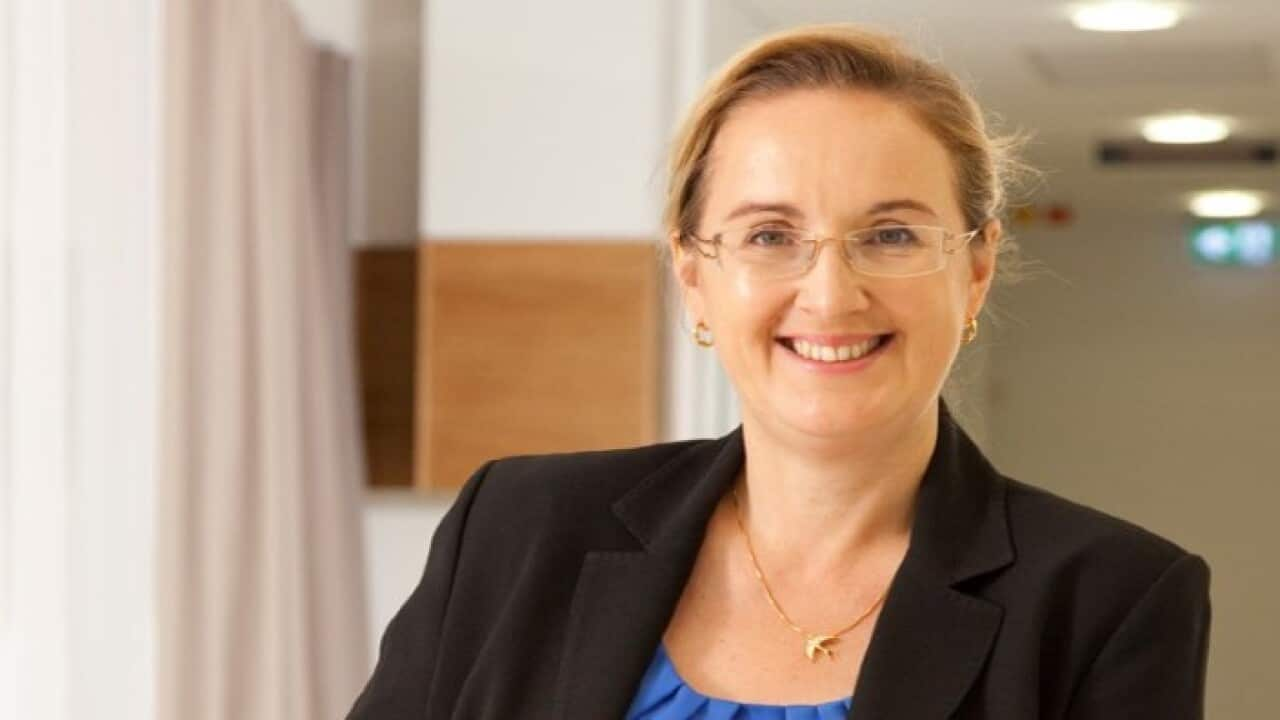Recent, cancer breakthrough is very promising that one-day could lead to cancer cure, but it is still a long way off until such treatment is accessible for all. However, if we are proactive about our health check-up, maintaining healthy diets, healthy lifestyle and staying active, there could be hope that we may stay free from cancer or stopping cancer from recurring, but we may end up paying for some of the cancer treatment due to some of the cancer treatment and medication are not approved or not subsidized in the Pharmaceutical Benefit Scheme (PBS).
Professor Bogda Koczwara the head of the Cancer Survivorship Research Group at Flinders Centre for Innovation in Cancer, Flinders University said that "there is more and more evidence suggests that maintaining a healthy lifestyle, healthy diets and staying active before and after having cancer could potentially helping patients living longer and they might be cancer free." Though she added, it is pointless if we don't pay much attention to medical check-up and follow the cancer prevention guidelines and lead a healthy lifestyle.
Professor Koczwara explained that "these days treatment for cancer for itself is becoming more and more effective, so many people who are diagnosed with cancer today would actually live for a long time and they could be cured of cancer. That means that we need to really focus on how well they live and prevent any problem that might occur after the diagnosis."
Listen to Professor Bogda Koczwara full interview here"https://www.sbs.com.au/yourlanguage/services/embeds/audioplayer/8d1da1af-51a3-47ac-bff2-7dec98e944c2
Furthermore, Professor Koczwara elaborates that "more and more evidence suggests that healthy lifestyle is beneficial to not only before but also after cancer, In fact maintaining a healthy lifestyle is crucial to well-being and survival."
Though this message doesn't get across to Australian communities due to many factors. Koczwara said that some of the young people who stay active and maintaining a healthy lifestyle and healthy diets all their lives felt discouraged to continue this behavior after being diagnosed with cancer. Some would say, she asserted, I should enjoy myself by eating what I want to eat while I still can because the healthy behavior is pointless. Some of the factors are that these healthy young people might not see or don't have their family doctors often.
Besides, Professor Koczwara maintains that some research shows that some of the young people who are diagnosed with cancer may not see or have their own family doctors or cancer prevention guidelines might not be explained to every patient or people still not underestimate the benefits of staying healthy.
Though cancer diagnosis itself can also have both its positive and detrimental impact.
Professor Bogda Koczwara claimed "On the one hand, some people see a cancer diagnosis as a wake-up call that might prompt them to improve their lifestyles. We have also seen an example of some patients, a cancer diagnosis is so scary and so overwhelming that people responding by getting resign."
She is happy that Australia has one of the best universal health care system that is accessible to any Australian, but there are processes to determine how fast should each patient be treated and not every cancer treatment is free and cancer patients may have to take care of some of out of pocket expenses.
“I thank that out of pocket expenses are beginning to recognize as a significant issue in Australia partly due to some of the drugs are not yet approved provided through industry sponsorship where part of the costs is then passed on to the patients. The private health insurance might execute some of out of pocket expenses that patients have to pay themselves."
Professor Koczwara said that more importantly, health services should inform the available cancer treatment and its costs to patients can make an informed decision which types of treatment they want to pursue.
Professor Koczwara recommends that though recent research has been focusing on this issue, she doesn't want this research just for the sake of researching but the health care system should embrace it and talk to patients about their experience monitor it and adjust their services to suit the needs of patients.
“We have a very good system of ensuring that the best evidence is accessible uniformly to Australian patients and in fact I think that our ability to access these new treatments promptly, anything is improving, so I think Australia is certainly right at the forefront of excellent cancer care around the world and it has an excellent result in cancer care in comparison the rest of the world."
"I think that we try to from the perspective of health services in South Australia, we do try to accommodate patients as much as possible or promptly, given the cancer diagnosis, for many cancers and many cancer procedures, there are the specific guidelines or monitors for the appropriate time to receive treatment and there is monitoring of whether the time is met, so once the cancer diagnosis is reached the system sort of try to step in quite fast."
"Of course, the other issue is how quickly we make the cancer diagnosis, and the reason varies from cancer to cancer, some cancers are easier to diagnose some cancers are not. Some patients are more proactive in seeking medical help, others are not. And this is where education and communities awareness plays a very important role."
“I think that we need to convey the message that many cancers these days are treatable and treatable well and people should not be afraid to seek help if they are having a confirming symptom, so we can actually manage things."
Last but not least, Professor Bogda Karzwara said that even though Australia might have the best cancer care and cancer treatment it is us that are in control of our health and if we don't lead a healthy lifestyle, healthy diet and stay active, there is nothing these care can help us. So stay healthy, stay proactive toward our health and stay active.





